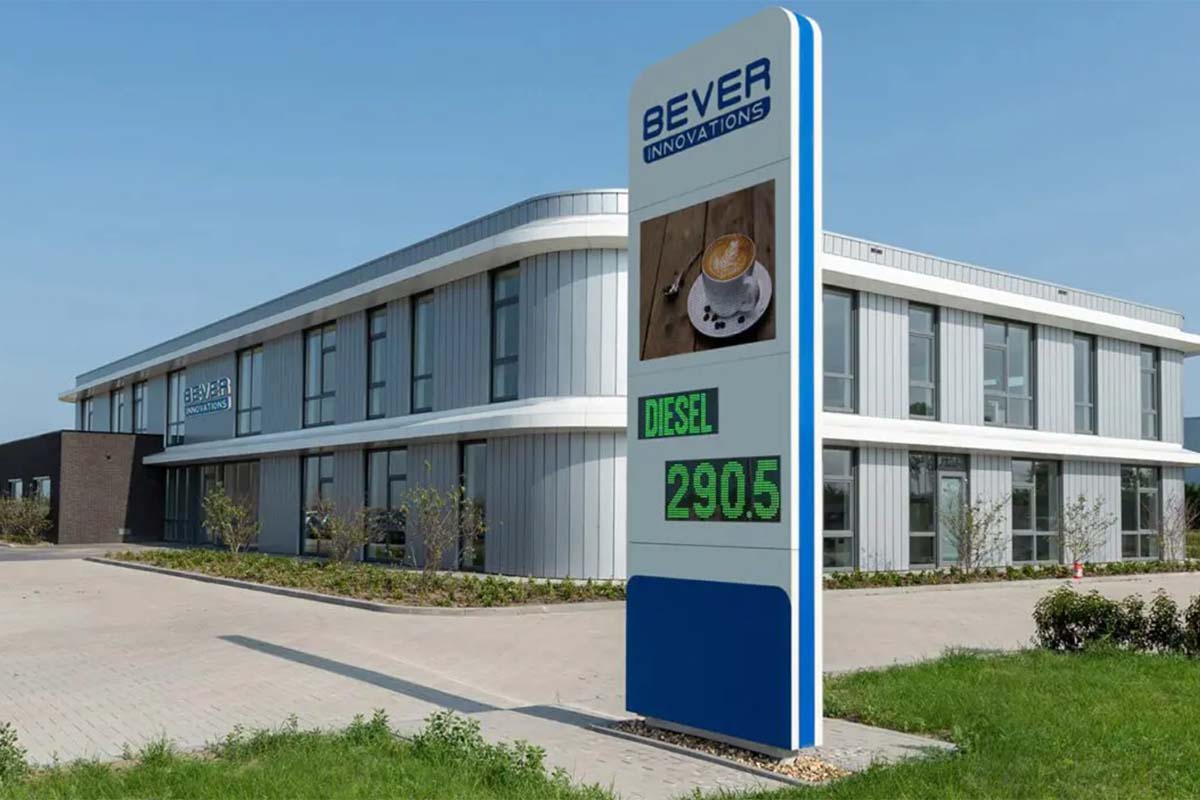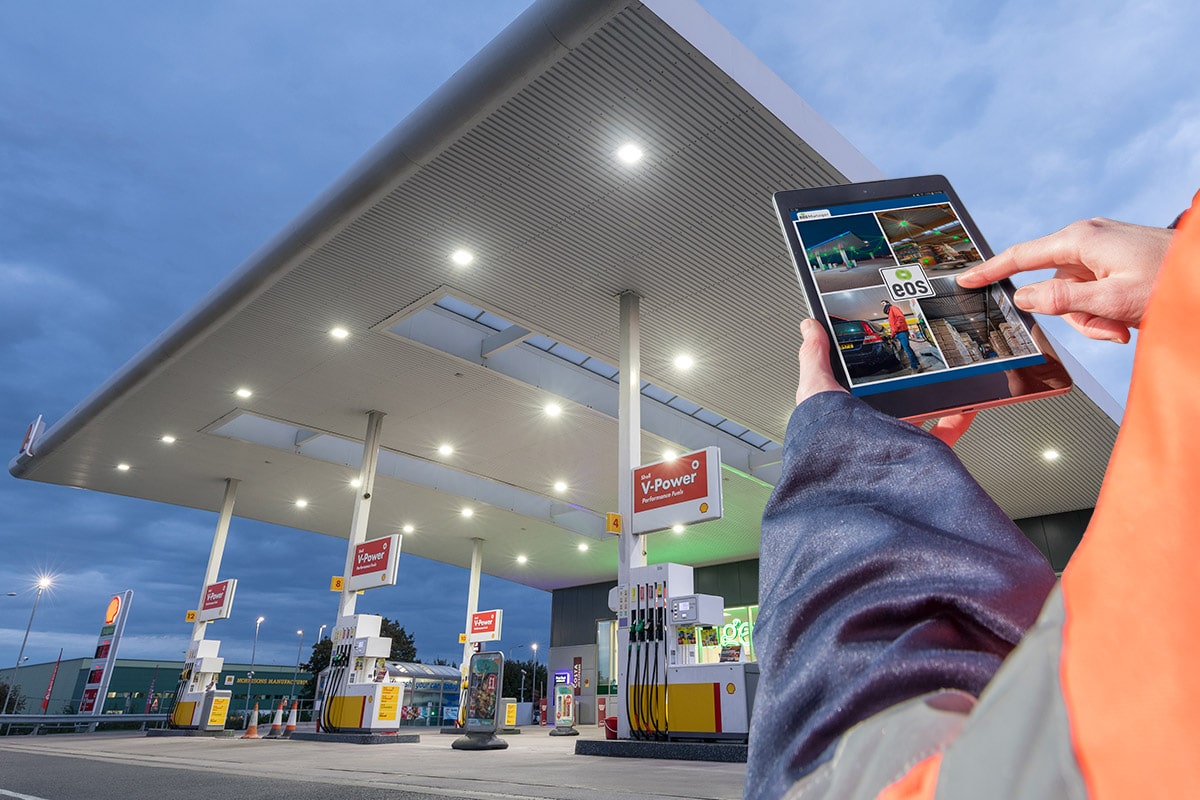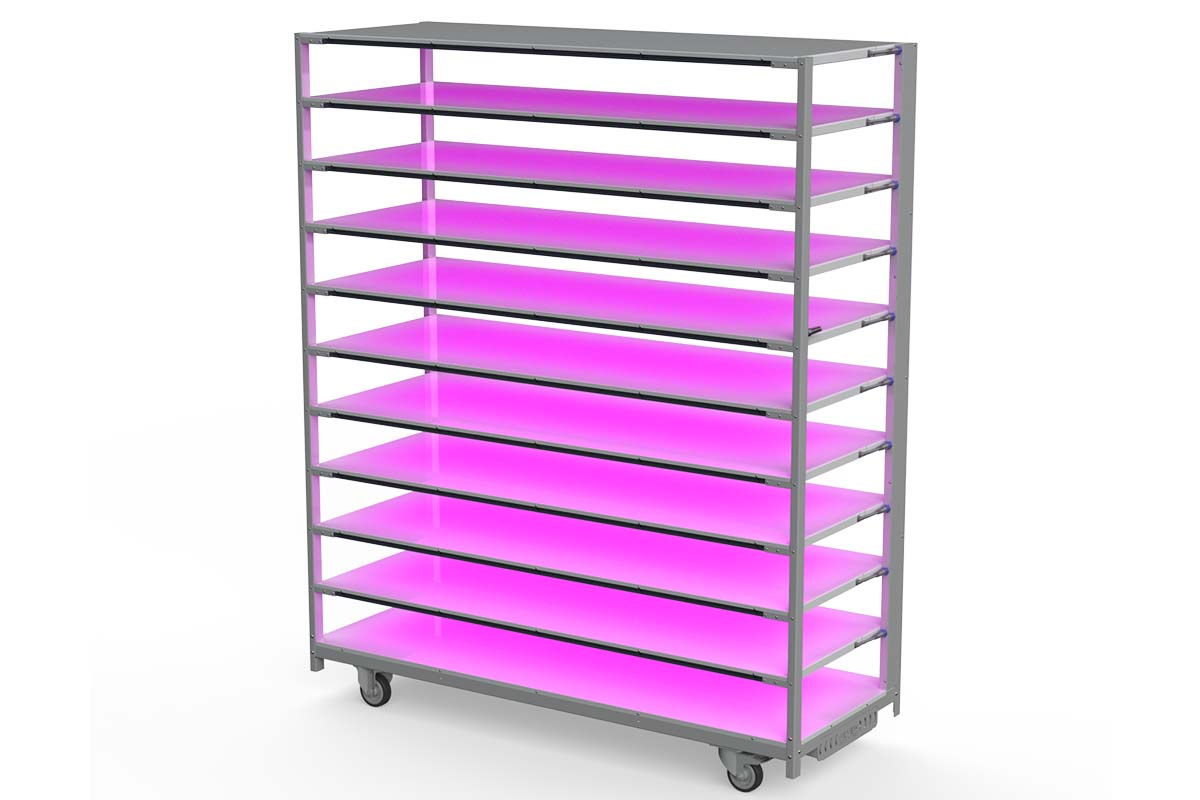
Over 25 years of developing, growing and connecting
1996 ...
A Bever Innovations LED price display
GROWING FAST - NEW hq'S




From service company to product developer



Introduction to the LED lighting market
With the successful introduction of the I-Catcher LED displays, Bever Innovations was quickly well known as LED specialist. "We were in regular contact with oil companies, who were facing the same challenges," says Rutger. "Metal halide lamps in canopies broke down quickly, replacing them/working at heights involved safety risks. Shell, among others, was looking for LED lighting solutions with a long(er) lifetime, which would also significantly reduce energy consumption. With the LS LED canopy luminaires, which were introduced in 2009, we anticipated perfectly on that demand."
Erwin: "As an organisation, we have more of an automation background than a lighting background. Instead of a one-to-one replacement for the metal halide luminaire, we developed more from a connectivity point of view. This meant that the luminaires, for example, could be controlled and adjusted directly from the ground using a remote control, thus ensuring the right light output on the right position on the floor. In addition, we added infrared motion detection, which prevents unnecessary lighting and saves even more energy. A 'smooth dimming' function also ensures a gradual transition between minimum and maximum light intensity."

New management, new strategy
Expansion towards industry



First steps in the horticultural sector

Bever smart technology






